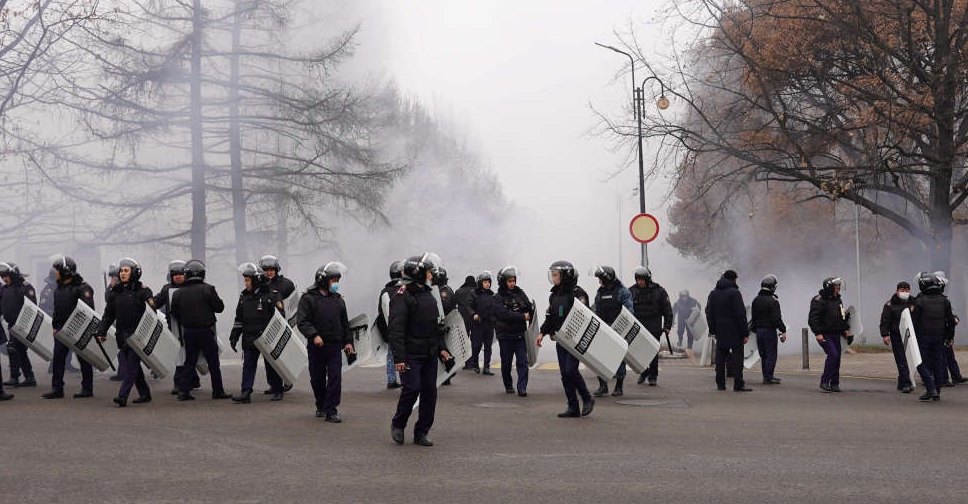
Kazakhstan declared emergencies in the capital, main city and provinces on Wednesday after demonstrators stormed and torched public buildings.
The Cabinet resigned but that failed to quell the anger of the demonstrators, who have taken to the streets in response to a fuel price increase from the start of the new year.
Almaty's police chief said the city was under attack by "extremists and radicals", who had beaten up 500 civilians and ransacked hundreds of businesses.
A presidential decree announced a two-week state of emergency and nighttime curfew in the capital Nur-Sultan, citing "a serious and direct security threat to citizens".
States of emergency were also declared in Almaty and in western Mangistau province, where the protests first emerged in recent days.
Authorities appeared to have shut the country off the internet as the unrest spread.
Kazakhstan's reputation for political stability under three decades of one-man rule by former leader Nursultan Nazarbayev helped it attract hundreds of billions of dollars of foreign investment in its oil and metals industries.
The price of its dollar bonds plunged by nearly 6 cents, the worst showing since the height of the coronavirus market collapse of 2020.




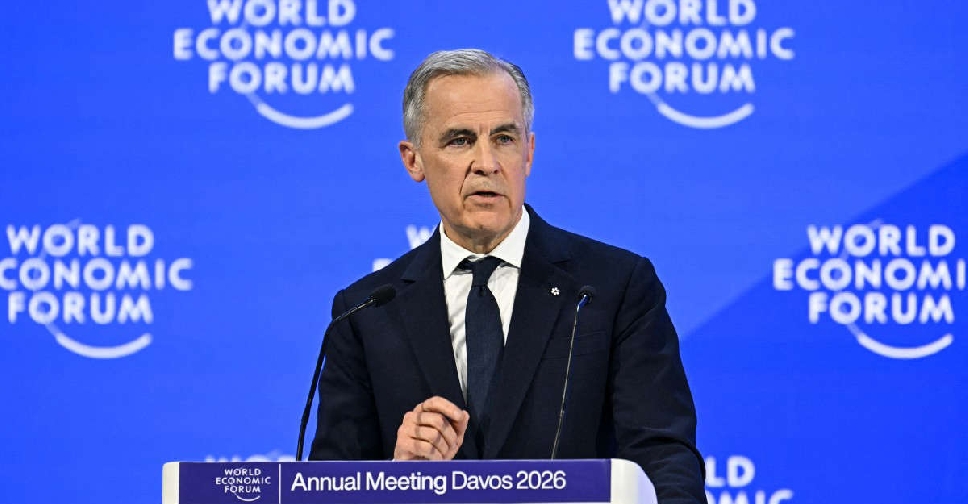 Canada PM Carney strongly opposes US tariffs over Greenland
Canada PM Carney strongly opposes US tariffs over Greenland
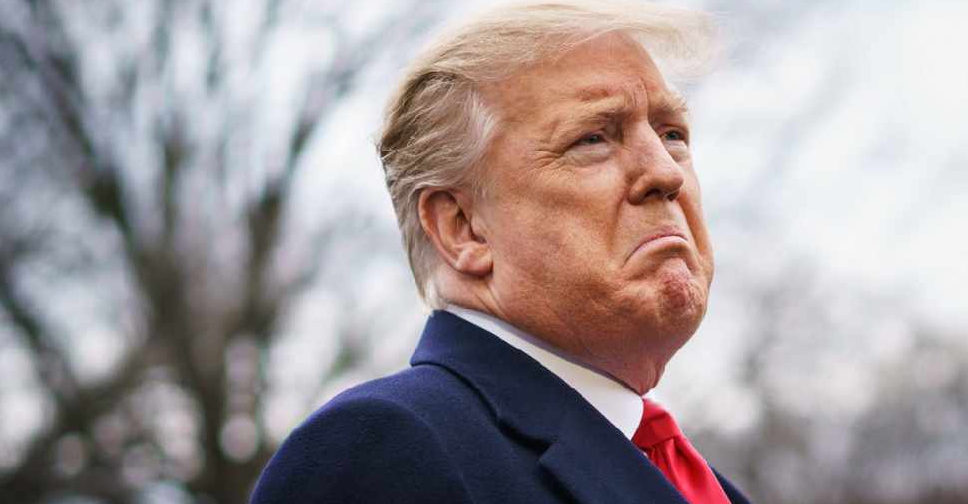 Trump links Greenland threat to Nobel Peace Prize snub, EU prepares to retaliate
Trump links Greenland threat to Nobel Peace Prize snub, EU prepares to retaliate
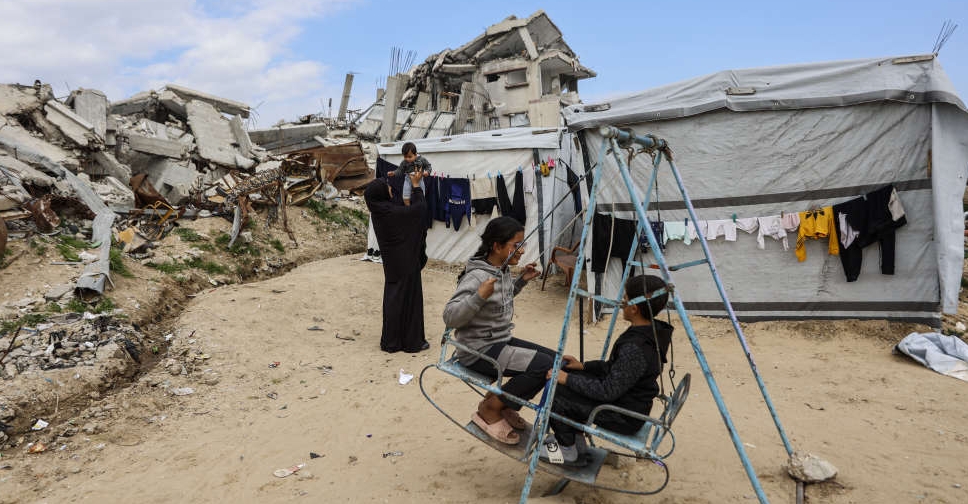 Israel orders Gaza families to move in first forced evacuation since ceasefire
Israel orders Gaza families to move in first forced evacuation since ceasefire
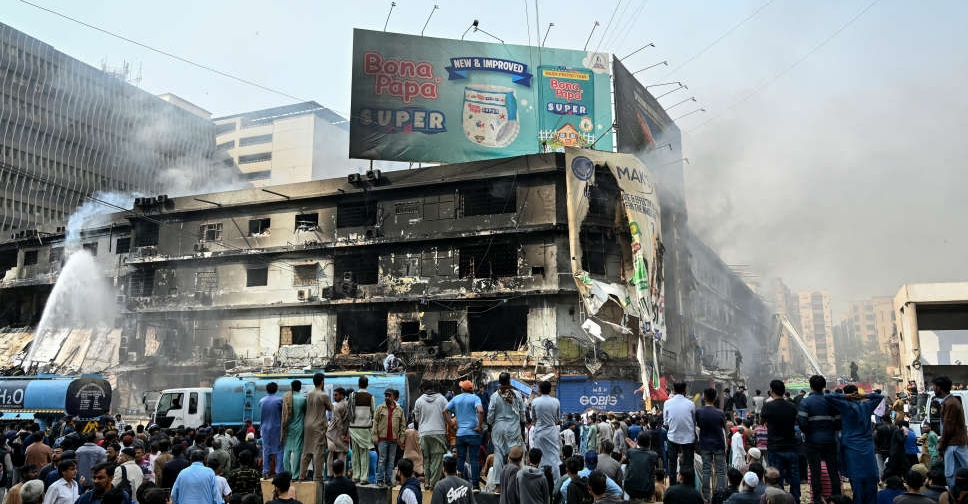 Rescue workers clearing Karachi inferno ruins, 63 missing feared dead
Rescue workers clearing Karachi inferno ruins, 63 missing feared dead
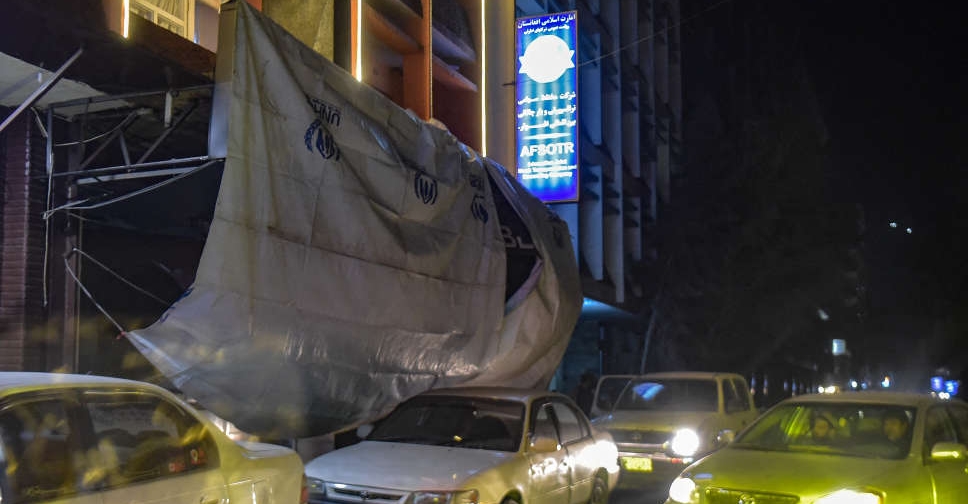 Blast kills seven at Chinese-run restaurant in Afghan capital
Blast kills seven at Chinese-run restaurant in Afghan capital




